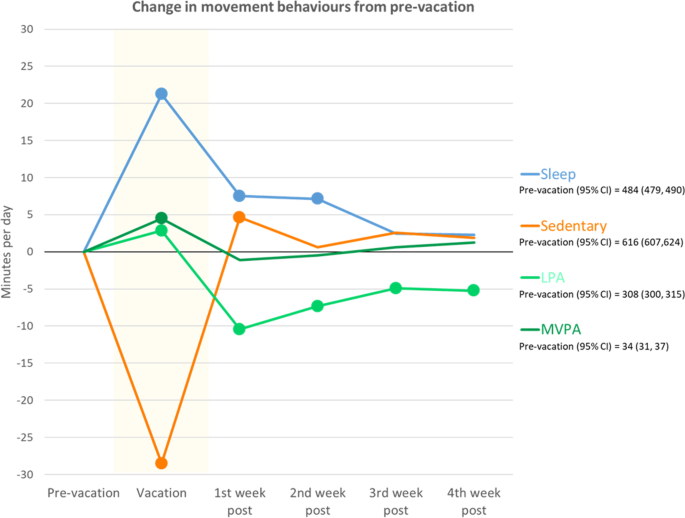
How do 24-h movement behaviours change during and after vacation? A cohort study, International Journal of Behavioral Nutrition and Physical Activity
4.7 (229) In stock

4.7 (229) In stock
For adults, vacations represent a break from daily responsibilities of work – offering the opportunity to re-distribute time between sleep, sedentary behaviour, light physical activity (LPA) and moderate-to-vigorous physical activity (MVPA) across the 24-h day. To date, there has been minimal research into how activity behaviour patterns change on vacation, and whether any changes linger after the vacation. This study examined how daily movement behaviours change from before, to during and after vacations, and whether these varied based on the type of vacation and vacation duration. Data collected during the Annual Rhythms In Adults’ lifestyle and health (ARIA) study were used. 308 adults (mean age 40.4 years, SD 5.6) wore Fitbit Charge 3 fitness trackers 24 h a day for 13 months. Minute-by-minute movement behaviour data were aggregated into daily totals. Multi-level mixed-effects linear regressions were used to compare movement behaviours during and post-vacation (4 weeks) to pre-vacation levels (14 days), and to examine the associations with vacation type and duration. Participants took an average of 2.6 (SD = 1.7) vacations of 12 (SD = 14) days’ (N = 9778 days) duration. The most common vacation type was outdoor recreation (35%) followed by family/social events (31%), rest (17%) and non-leisure (17%). Daily sleep, LPA and MVPA all increased (+ 21 min [95% CI = 19,24] p < 0.001, + 3 min [95% CI = 0.4,5] p < 0.02, and + 5 min [95% CI = 3,6] p < 0.001 respectively) and sedentary behaviour decreased (-29 min [95% CI = -32,-25] p < 0.001) during vacation. Post-vacation, sleep remained elevated for two weeks; MVPA returned to pre-vacation levels; and LPA and sedentary behaviour over-corrected, with LPA significantly lower for 4 weeks, and sedentary behaviour significantly higher for one week. The largest changes were seen for “rest” and “outdoor” vacations. The magnitude of changes was smallest for short vacations (< 3 days). Vacations are associated with favourable changes in daily movement behaviours. These data provide preliminary evidence of the health benefits of vacations. The study was prospectively registered on the Australian New Zealand Clinical Trial Registry (Trial ID: ACTRN12619001430123).
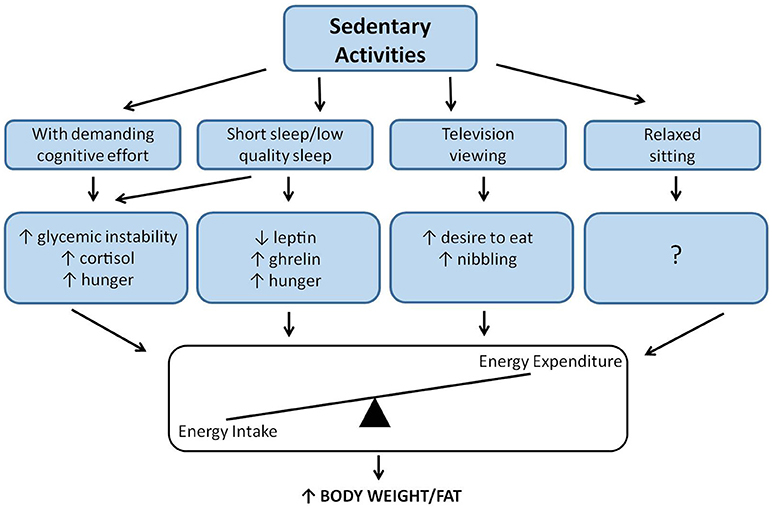
Frontiers Sedentariness and Health: Is Sedentary Behavior More
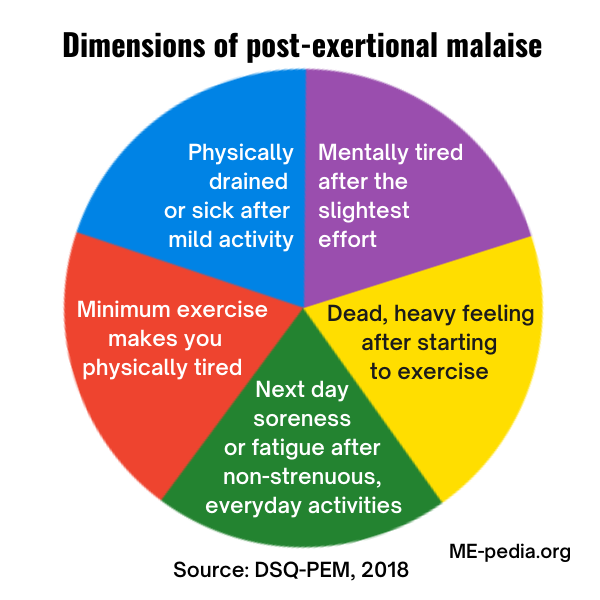
Post-exertional malaise - MEpedia

3 Common Dieting Myths Busted By Your Microbiome - Seed

Institución Vinculat on Instagram: Tomarse unas vacaciones es muy bueno para el cerebro, pero solo si lo haces bien 🏖️ 📌 Las vacaciones benefician la mente al ejercitar nuestro procesamiento sensorial y

Trzydniowe weekendy potrzebne od zaraz! Za przedłużonym odpoczynkiem przemawiają badania naukowe. Jak wpływa na nas długi weekend i urlop?
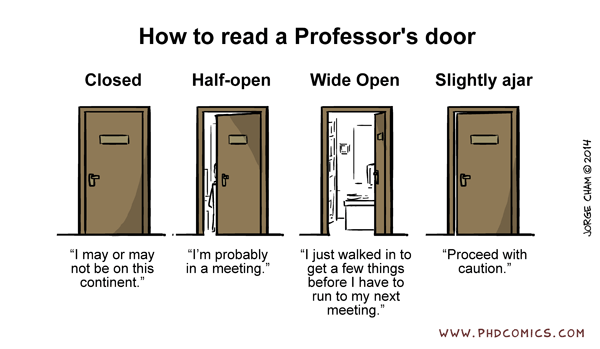
Adrian Esterman Home Page, University of South Australia

Integration of Time-Based Recommendations with Current Pediatric
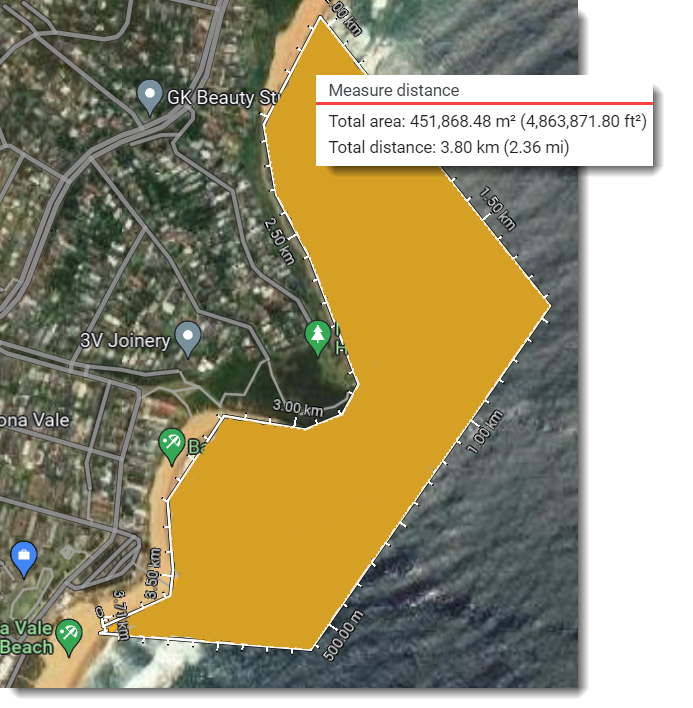
Pittwater Online News
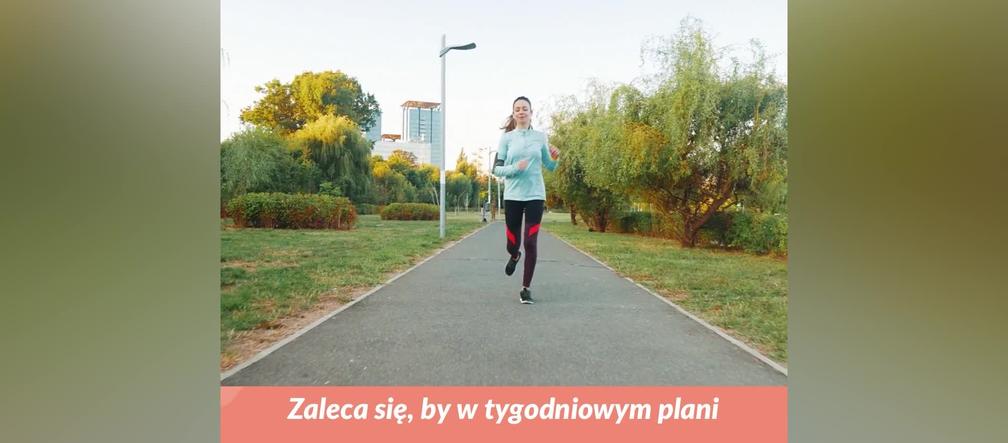
Ile powinien trwać weekend? Są nowe wytyczne ekspertów
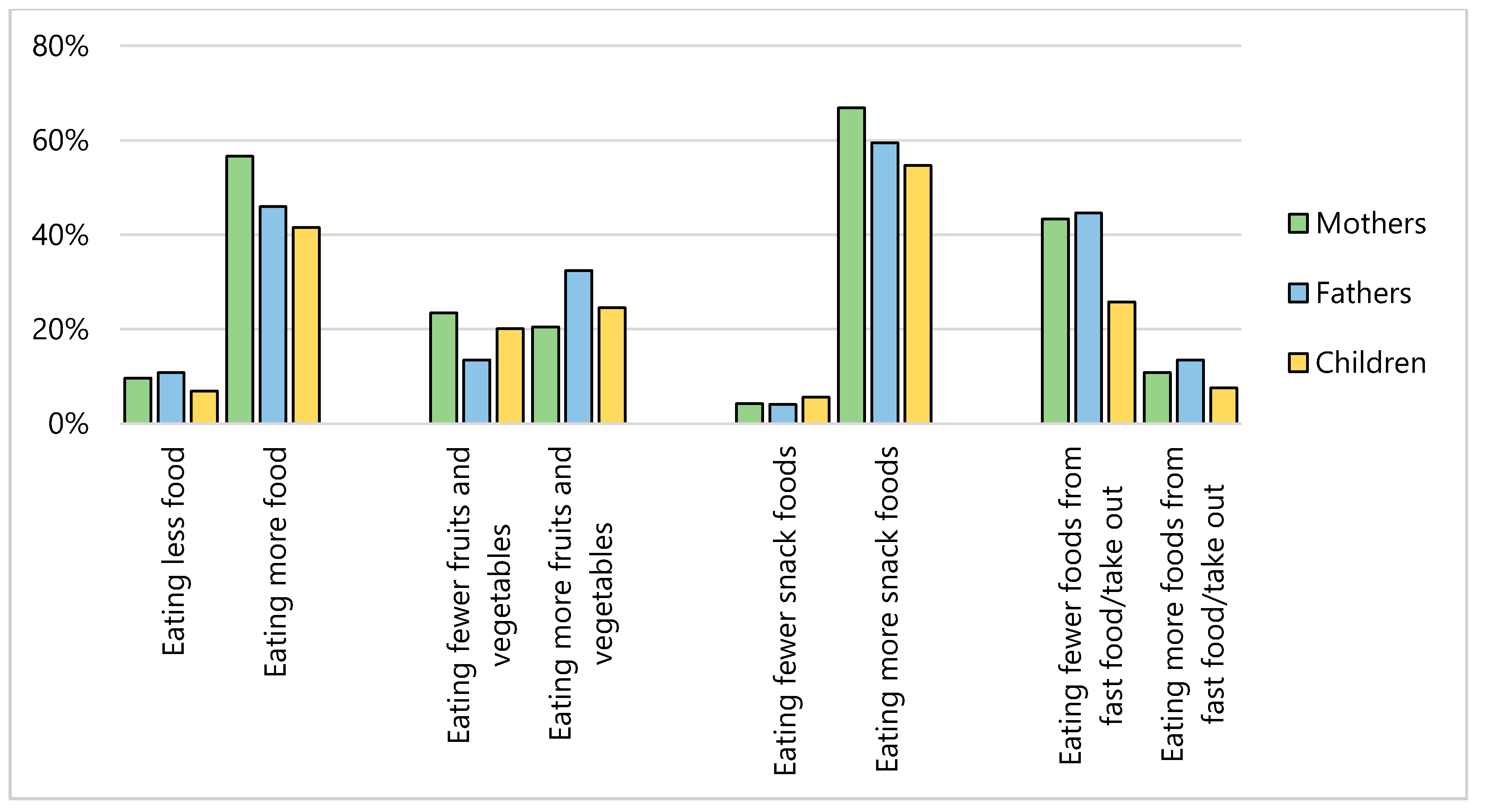
Nutrients, Free Full-Text

Extra time off is good for the health, research shows

Institución Vinculat on Instagram: Tomarse unas vacaciones es muy bueno para el cerebro, pero solo si lo haces bien 🏖️ 📌 Las vacaciones benefician la mente al ejercitar nuestro procesamiento sensorial y